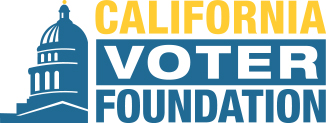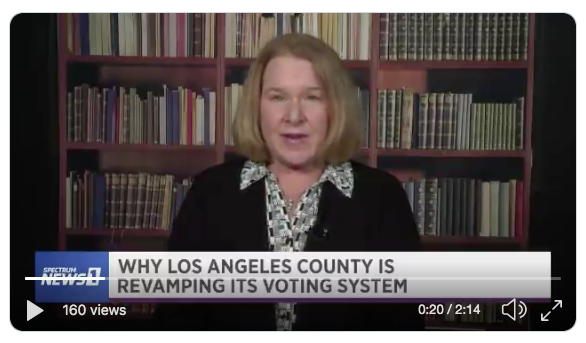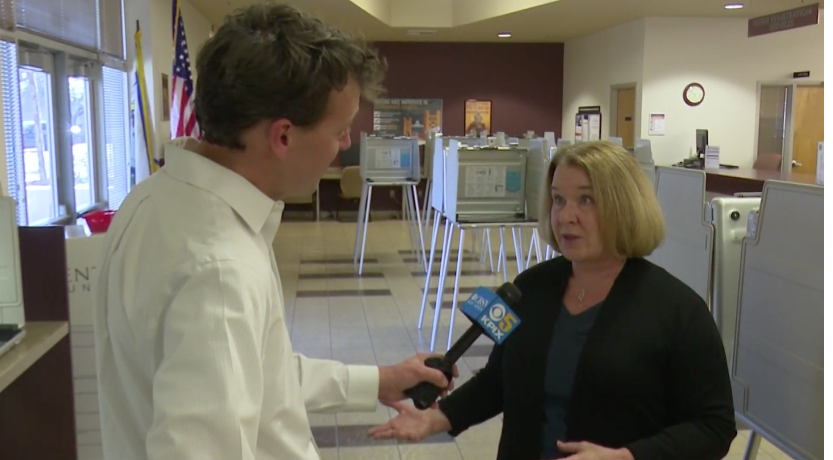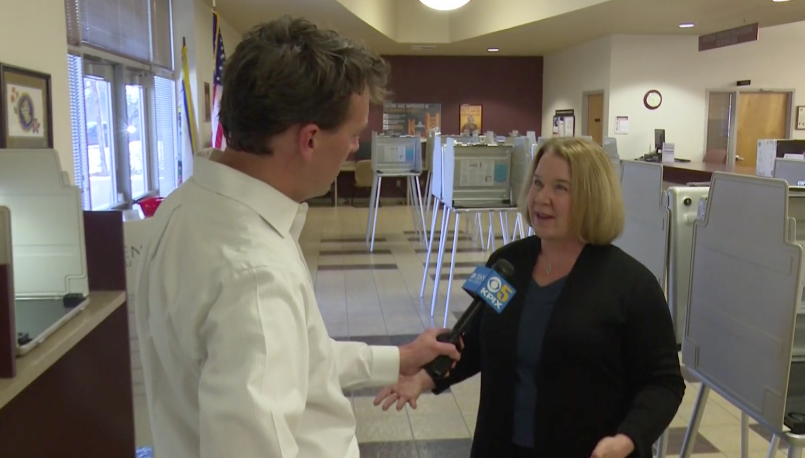Transcript excerpt:
STEVE INSKEEP, HOST:
Tonight California receives a sign of its enlarged role in the presidential nominating process. The most populous state used to hold its primary at the end of the voting season, by which time party nominees were often decided. In 2020, California votes earlier. And today Los Angeles, Calif., will host a Democratic presidential debate. Seven candidates will be onstage.
Here's Scott Shafer from our member station KQED.
SCOTT SHAFER, BYLINE: Two years ago, frustrated by always being in the shadow of Iowa and New Hampshire, California State Senator Ricardo Lara introduced a bill to move up the state's presidential primary from June to March.
(SOUNDBITE OF ARCHIVED RECORDING)
RICARDO LARA: The Prime Time Primary bill would make us one of the first states to hold a presidential primary and ensure our state's voters are heard on the national stage.
SHAFER: The bill passed with bipartisan support and was signed into law. For decades, California has gone back and forth between holding its presidential primary in March and June with mixed results.
KIM ALEXANDER: We are 1 in 8 voters in the country, so we do want California to have a say.
SHAFER: Kim Alexander is president of the California Voter Foundation, a strong supporter of changing the primary date. She says it's now or never to have an impact, given that California isn't one of the few swing states in November.
ALEXANDER: If we want Californians to have a voice in deciding who the president is, we really have to focus on the primary.




